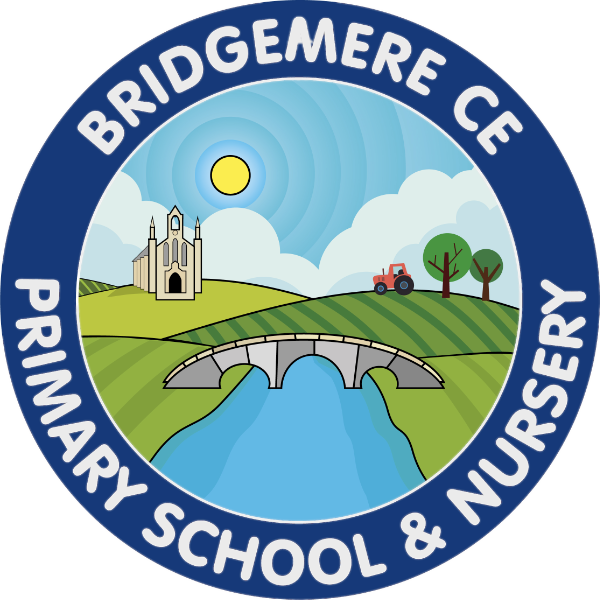Pupil Premium
Background:
In 2011-12 the government launched its Pupil premium funding. This money is sent to schools based on the number of pupils in the school who are eligible for Free Schools Meals (FSM) , the number of children who are in care and pupils who belong to forces families. From 2012-13, it has been expanded to include all children who have been eligible for FSM within the last 6 years( the Ever 6 formula).
This money is allocated to schools to ensure pupils reach their full potential, both academically and socially. In Bridgemere, Pupil Premium funding is used to diagnose and break down barriers to learning, provide training for staff that allows them to effectively support our Pupil Premium children and ensure that pupils reach their full potential, both academically and socially.
The barriers to learning that our Pupil Premium children face vary significantly from child to child. Some of our children have difficulties coping with a classroom environment, which affects them academically and socially.
At Bridgemere CE Primary, we make decisions on how to use the pupil premium in our school based on research evidence, one source being the guide published by the Education Endowment Foundation (EEF) – The EEF Guide to the Pupil Premium – Updated September 2023.
Within this guide we use the 5 point plan to sustain an effective Pupil Premium strategy:
1. Diagnose your pupils' needs -
We are aware of how our setting compares with national averages. We can identify specific barriers to attainment for Pupil Premium-eligible pupils informed by data covering academic outcomes, attendance, behaviour, wellbeing, SEND, and access to resources.
2. Use strong evidence to support your strategy -
We use a broad range of evidence to lead decision-making.
3. Develop your strategy -
The Pupil Premium strategy is updated and republished annually. The Headteacher involve all relevant stakeholders in strategy development (including SENDCo, PP governor and teaching and learning leads) in this process.
4. Implement your strategy-
Strategies are aligned to the school development priorities and professional development planning. High quality teaching sits at the heart of the school's strategy. Leaders are encouraged to focus on doing a few things well rather than introducing too much change too quickly.
[5. Monitor and evaluate your strategy -
]School leaders monitor what is working well and make iterative changes as appropriate. Governors review and support these activities.
At Bridgemere CE Primary we use a tiered approach to Pupil Premium spending can help schools balance approaches to improving teaching, targeted academic support and wider strategies.
High Quality Teaching:Spending on improving teaching might include professional development, training and support for early career teachers, recruitment, and retention. Ensuring an effective teacher is in front of every class, and that every teacher is supported to keep improving, is the key ingredient of a successful school and should rightly be the top priority for Pupil Premium spending.
Targeted academic support: Evidence consistently shows the positive impact that targeted academic support can have, including on those who are not making good progress across the spectrum of achievement. Considering how classroom teachers and teaching assistants can provide targeted academic support, including how to link structured one-to-one or small group intervention to class-room teaching, is likely to be a key component of an effective Pupil Premium strategy.
Wider Strategies:Wider strategies relate to the most significant non-academic barriers to success in school, including attendance, behaviour and social and emotional support. While many barriers may be common between schools, it is also likely that the specific features of the community each school serves will affect spending in this category.
Some of the examples of intervention we have used at Bridgemere are:
Providing extra one-to-one or small-group support
Employing extra teaching assistants
Running catch-up sessions before or after school
Providing extra tuition where needed
Funding educational trips and visits
